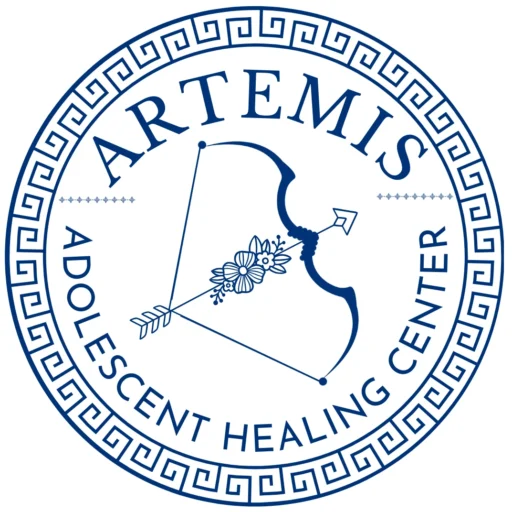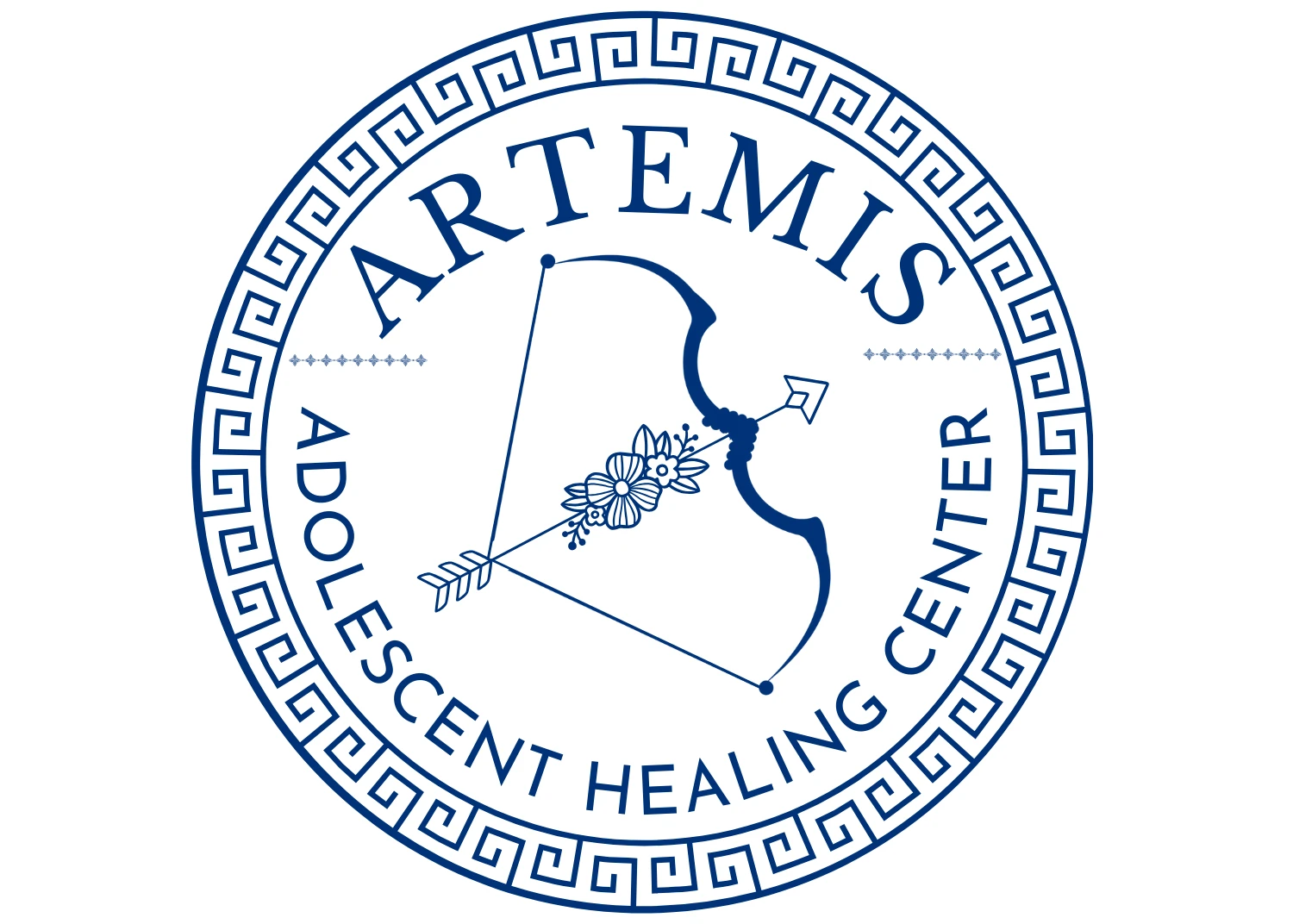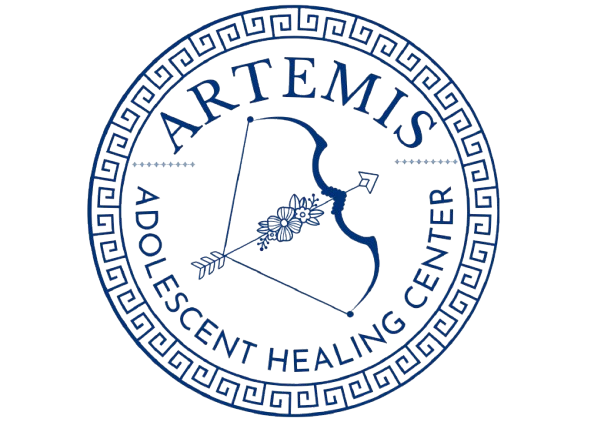MST Approaches And Treatment for Troubled Youth at Artemis
You’ve tried it all… threats, grounding, and cell phone bans. And you have followed through. But nothing works. Your teen’s behavior has sent your entire household spiralling into chaos. And something has to change before violent outbursts, truancy, substance abuse, or other issues get even worse.
At Artemis Adolescent Healing Center, we understand how gut-wrenching this feels, and that it can begin to seem as though there are no effective options to help a struggling teenager.
But an evidence based approach called Multisystemic Therapy has helped countless teens (and their families) create real change.
Multisystemic therapy (MST) looks at your child’s life at school, home, and in the community, and how those can be changed for more support. This resource from Artemis will go over the core principles of MST and how we use them to create real change for families like yours.
Get Confidential Mental Health Assessment
What is Multisystemic Therapy (MST)?
Is your teen struggling with serious behavioral or emotional challenges? Multisystemic therapy may help. Instead of focusing on your child, MST looks at the “systems” around them. This is how their home, school, peer, and community environment affect their emotions and behaviors.
MST looks at these environments, then identifies ways that they can be shifted to inspire positive change.
Multisystemic therapy uses a powerful idea: your teen isn’t struggling on their own. Their stressors, home life, school environment, and peer groups all play a role. It’s common for MST therapists to work in the home and community, meeting with families and coordinating care with schools, courts, and other providers.
MST is a specific, licensed model delivered through official MST services and programs, but that doesn’t stop us from using similar approaches at Artemis Adolescent Healing Center. Through intensive family-based treatment, real-world problem-solving, and collaboration with community supports, we work with your teen to inspire real, positive change.
How Do MST Services Support At-Risk Youth and Their Families?

We believe that whenever possible, a youth’s natural environment is better than taking them away from their family and community.
By making their day-to-day environment stronger and more supportive, your teen can make a real change. This might look like:
- Helping parents set boundaries (and follow through)
- Personalized coaching for teens on coping skills and decision-making
- Collaborating with your child’s school to support attendance and behavior
- Working with court systems or probation officers (if needed)
The reality is, teenage behavior doesn’t always exist in a vacuum. Your teen isn’t “bad.” They just need different support. By focusing on the teen and their surroundings, families can take an active role in change.
MST is even (and perhaps especially) effective for family preservation following serious behaviors like truancy, violence, running away, and substance abuse. In results from a randomized clinical trial, MST helped even violent juvenile offenders find a new path forward.
Who Benefits Most from Multisystemic Therapy?
MST is an evidence-based practice developed for teens at high risk for out-of-home placement or involvement in the juvenile justice system. It’s for teens whose behaviors are severe enough that school-based interventions and outpatient therapy haven’t worked.
But that doesn’t mean you have to wait for your teen’s actions to get severe to get them help. Look at this child behavior checklist. Your teen might benefit from an MST approach if they are:
- Involved in fights, aggression, or property damage
- Exhibiting serious antisocial behavior or withdrawing from family members
- Staying out all night, ignoring curfews, or running away
- Skipping classes or frequently being in trouble at school
- Using alcohol or drugs beyond ‘teen experimentation’
- Caught up with peers who are engaging in dangerous or criminal behavior
- Exhibiting problematic sexual behaviors
Do you feel like you’ve tried everything in your parenting skills toolbox when it comes to your teen’s delinquent behavior? The family- and community-based approach that MST offers might be able to help.
The Core Principles Behind MST Treatment Programs

MST treatment programs are guided by several core principles, from individualized care and accountability to family involvement. Even outside of a traditional MST approach, we incorporate these principles for teens in our treatment programs at Artemis Adolescent Healing Center.
These elements are combined with recreational therapies, mental health treatment, and life skills building for real support.
Individualized Care
No two teens are alike. Mannerisms, environments, and even genetics all shape who your teen is, and the treatment that is going to be most effective for them. MST therapists help identify what drives your teen’s behavior.
By identifying the cause, such as peer pressure, untreated trauma, mental health problems, or stress, teens have a chance to take on those problems head-on.
MST plans are tailored to your child’s unique needs and strengths. Interventions might focus on improving academics, changing peer groups, learning coping skills, or addressing conflict at home.
Accountability
MST emphasizes accountability for teens and the adults in their lives. Know that this doesn’t mean placing blame. It means everyone has a role in creating change.
After all, if there was something you could do to support your teen in making better choices, wouldn’t you do it?
On your teen’s side, they are supported in taking responsibility for past choices and the decisions they make going forward. As their parent, you’ll learn how to set expectations and consequences, and follow through with them.
MST has helped real families find real-life results. It leads to fewer re-arrests, better school attendance, safer decision-making, and improved behavior.
Family Therapy and Involvement
Family involvement is a really big part of multisystemic therapy. Sessions often resemble family therapy, with parents and teens actively engaging with one another. They work toward new communication skills, solving problems, and setting boundaries. When families grow stronger and more connected, your teen has a much greater chance of long-term success.
How is MST Used in the Juvenile Justice System?

MST has a long history of being used with youth involved in the juvenile justice system. Courts and probation departments may refer teens to MST as an alternative to detention centers or residential placement, or even the usual community services, particularly for chronic juvenile offenders.
As an intensive, community-based treatment, MST works well with goals like:
- Keeping youth safely at home instead of locked in facilities
- Reducing reoffending and new charges
- Supporting families to manage behavior outside of system involvement
Your teen might still have legal requirements or probation conditions if they’re already in trouble, but the treatment team works with the legal system.
Your teen can be held accountable, while still feeling encouraged to build better habits. Even serious juvenile offenders can be helped using MST-based mental health services.
Get Accredited Treatment Programs at Artemis
How Does MST Address Family Instability, Child Abuse, and Neglect?
Some teens participating in multisystemic therapy come from homes affected by family instability, abuse, or neglect. These experiences leave teens having trouble trusting adults, even those with their best interests at heart. MST can help your teen feel safer and more stable by:
- Helping caregivers develop more consistent, nurturing parenting strategies
- Addressing patterns of conflict, emotional distance, or harsh discipline
- Coordinating with child protective services or other agencies when safety is a concern
- Working to strengthen safe, supportive relationships within the family
With multisystemic therapy, the goal is to create a home where your teen can recover from past harm. It gives them the chance to build new patterns of connection.
When those needs are too complex for MST alone, Artemis can help by offering trauma-focused treatment that can help your teen truly heal.
How Can MST Programs Be Used for Teens Struggling with Substance Abuse?
MST can also help teens struggling with alcohol or drug use, beyond the “typical” teen experimentation. It’s especially beneficial when substance use is tied to peer groups, family conflict, or community influences.
Rather than asking your teen to abstain, multisystemic therapy changes the risk factors and situations that make substance use likely. This looks like building healthy routines with less space for risky behavior, addressing underlying issues, and creating clear boundaries and consequences for substance abuse at home.
Identifying community risk factors, like hanging out with certain groups of people or damaged family relations and dynamics, can also be addressed.
How Artemis Incorporates MST Approaches into Teen Treatment

Currently, Artemis Adolescent Healing Center does not offer licensed multisystemic therapy (MST) services. But that doesn’t mean that we don’t weave MST’s effective principles into your teen’s treatment plan when it’s believed that it would help.
In our Joint-Commission-accredited programs for adolescents ages 12-17, we:
- Address trauma, family relationships, and substance use in a safe, therapeutic environment
- Coordinate with schools, courts, and community providers using a multisystem approach
- Involve families, recognizing that long-term change happens when families heal together
- Emphasize accountability and real-world progress
- Provide individualized care using customized treatment plans to address adolescent mental health, substance use, and family dynamics
Artemis isn’t a formal MST program, but we do align with many of the core values. We help teens and their families create practical changes that last.
Up To 100% of Rehab Costs Covered By Insurance
Find an MST-Inspired Approach at Artemis
Learning and making mistakes are a normal part of healthy youth development, but that doesn’t mean accepting dangerous, violent, or risky behavior.
Multisystemic therapy can offer your family relief, especially when paired with the support you’ll find at Artemis Adolescent Healing Center.
Call us confidentially now to learn more about how we can help your teen (and your whole family) overcome behavioral struggles and get back on the path toward a more hopeful future.






